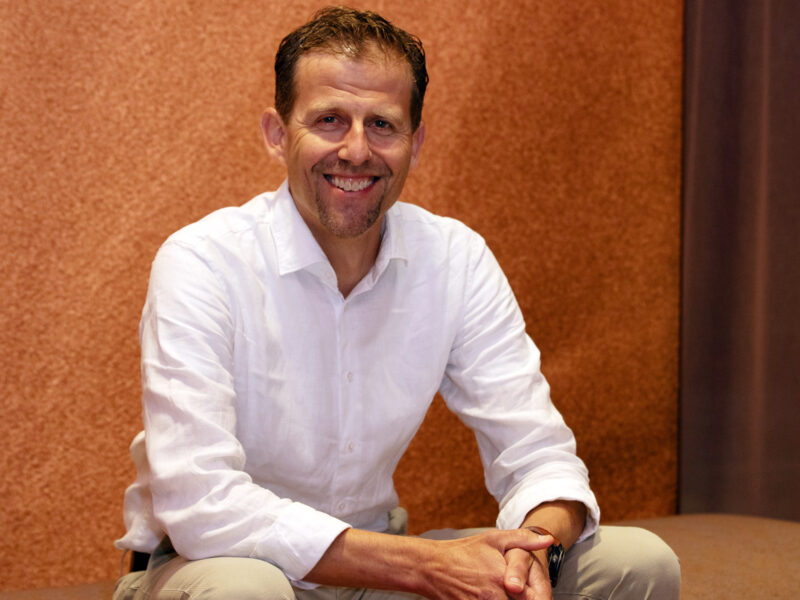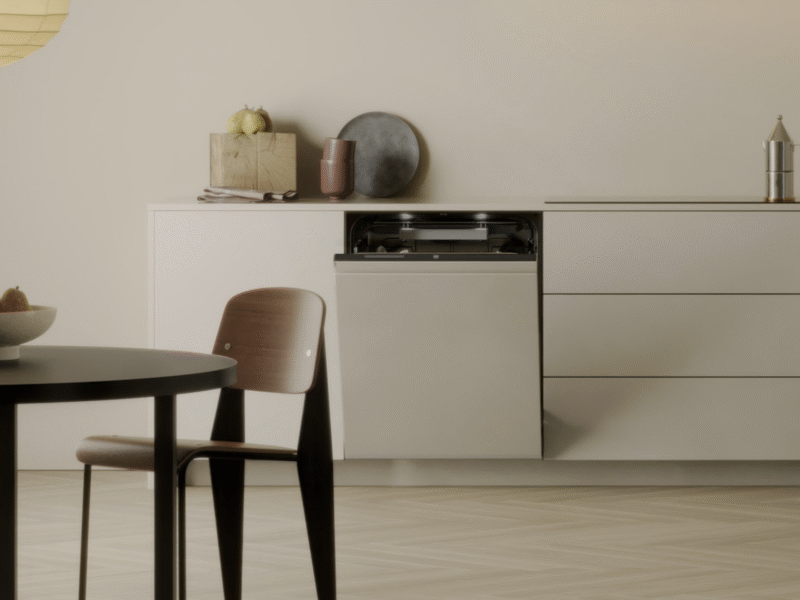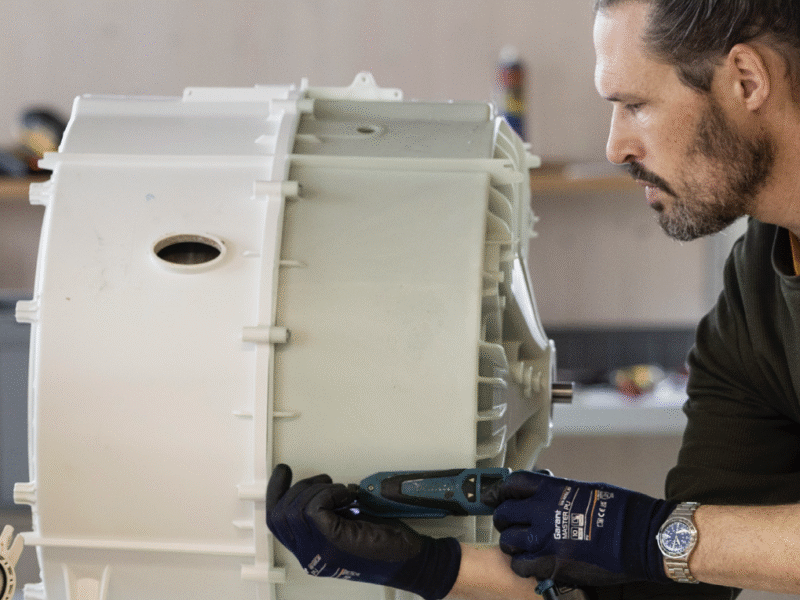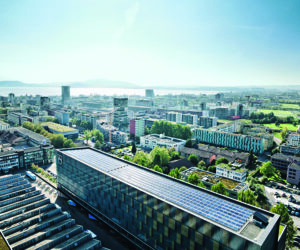V-ZUG brings global sustainability voice to Australian design community
V-ZUG Australia welcomed Marcel Niederberger, the Swiss company’s Head of Sustainability, to its Melbourne and Sydney studios in May 2025 for a series of exclusive evening events focused on circularity in design and manufacturing.
The Swiss company V-ZUG is renowned for quality design and manufacture of its range of products. What may not be so well known to Australian homeowners is the company’s commitment to the environment. V-ZUG stands by three pillars of People, Planet and Profit. This ethos enables it to pull levers to maximise its sustainability goals.
The company’s number one priority is its 2,000 employees and from this focus flows an ability to provide quality appliances with a robust after sales service commitment and warranty plan. And inherently this priority assists in the company’s focus on innovative approach required to maximise its sustainability strategy. To move from the recycling economy to a circular economy, V-ZUG is applying a new mindset
In essence the circular economy is based on the R strategies of minimising resource use, recycling waste, refurbishment, repair and repurpose of products. V-ZUG is already on the path to a circular economy by manufacturing high quality and durable appliances. Secondly by conducting detailed Life Cycle Analysis (LCA) for each product category the company can reduce the material intensity and footprint of the appliances. The next step is to further the reuse and repurpose of products when decommissioning appliances.
V-ZUG’s Head of Sustainability, Marcel Niederberger, concisely summarises the company’s approach. “To see where the levers are, where we can make progress in the future. There are clearly two big levers. One is energy efficiency. This problem is solved if we switch to renewables – our environmental impact is not that bad. Second big thing is material intensity. That comes with a responsibility. If I can be provocative – our business model is bringing 500,000 pieces of electronic scrap to market. And thus a way forward is the circular economy. It is one step further than the recycling economy that we have already. So [it is] not shredding the appliance [but] taking it back.”
Marcel further elaborates, “[Using] reverse manufacturing, then you have single material streams available – plastics, different metals. Then you can start to apply a cost on every single item. [The aim is] Reuse materials directly in appliances. The second level is collaborating with our suppliers. Can you take it back? The third pillar is recycling, to have higher value in your pure material stream. That is why taking it back at the end of life and dismantling is the long-term vision – ‘Closing the circle’”.
The holistic approach can be seen in context when a specific appliance such as the AdoraWash is examined. Marcel points out what is inherently important, “Energy efficiency and water efficiency. Longevity, durability and repairability. When dismantling washing machines, we were surprised how fast we were and that is because we have designed today for repairability and if you design for this you can easily take things apart to replace [components] or dismantle it.”
The company has a commitment to the products it manufactures and provides a ten-year warranty on appliances in Australia. In Switzerland the company provides a Product as a Service model where the appliance remains the property of V-ZUG and the user agreement required the company to be responsible for service. This model works well in a country where 70% of homes are rented and ownership is not such a focus as here in Australia.
V-ZUG has made strong improvements in the carbon footprint of its operation. It has also applied a self-imposed carbon tax. This fund is then used to support company initiatives. Marcel explains, “If CO2 had a price, people would behave differently. [It is] politically difficult. In 2018 a top-down decision was made to apply a CO2 tax on remaining emissions, we penalised ourselves. For example, the pilot circular economy factory was funded out of the CO2 fund.”
The focus continues for V-ZUG in 2025 and beyond as it implements its vision of a circular economy and develops training initiatives for service and repairs of appliances.



